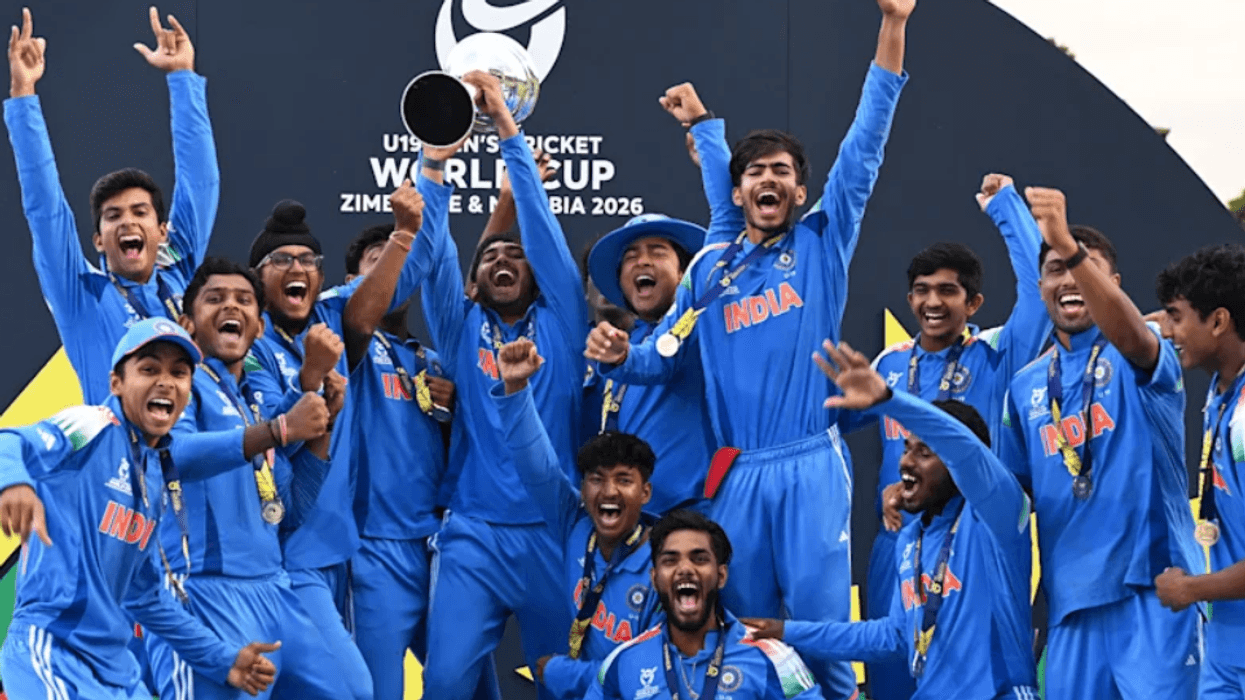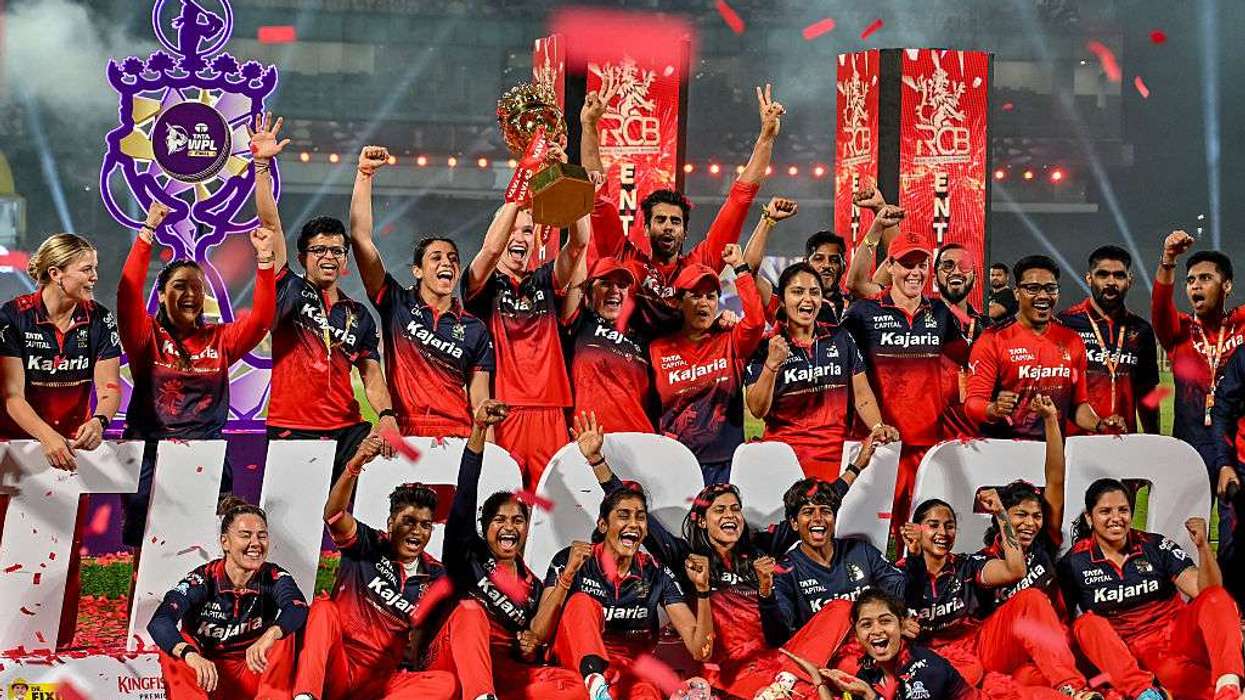Sania won the 2016 Australian Open women’s doubles title with Martina Hingis before announcing their split in August. The 31-year-old, who was here for the final of the Premjit Lall Invitational tournament, said she might have to go for a surgery and is looking for a Roger Federer-like comeback.
Sania is suffering from a condition called jumper’s knee in her right leg. It is defined as a painful condition of the knee caused by inflammation or small tears in the tendon of the patella
Sania is likely to miss the next month’s Australian Open owing to a knee injury, and could go for a surgery to treat the condition.
.“It’s kind of serious. Surgery is probably on the cards. I will be out for a few months for sure,” Sania said at the Jaidip Mukerjea Tennis Academy. Sania said she is okay while walking with the injured knee but playing is painful.
“I’m okay to walk but it’s painful when I’ve to change directions, when you actually go on to play, that’s the biggest problem. I can run straight but not able to do plyometrics stuff. “My doctors told me to take a couple of months off and then see how it feels before it gets into a process of either surgery or injections. When I saw them, the pain was not less after two months.''
“Now we have to take a call. It’s a little bit up in the air, I can’t tell you a definitive next. So I will be missing the Australian Open for sure. It won’t be before a couple of months at least.”
When asked about Commonwealth Games and the Asian Games next year, she said, “Hopefully I will be okay for that. Every time people ask me about plans and I always say as tennis players we don’t know about our health, we don’t know where we will be at that point. It’s one year, it’s a long time. Anything can happen. Hopefully ill be healthy again and I’ll be able to play.”
Sania further lamented the lack of a proper system in India, which was hampering the progress of tennis. “There is no system. I’ve been saying that for last 15 years. I wish them if there was only one problem… But the first step is ‘how do I go about it if I want my child to start playing tennis?’
Recalling her first memory of picking a racket at the age of six, she said: “The coach actually did not want to take me and told me I was too ‘small’ to play tennis. My mom had to force him saying take her, I want my child to play. “It was a big argument and finally he took me. After a month he called my parents and said you have to watch her play as I’ve never seen a six year old play like this,” she concluded.



